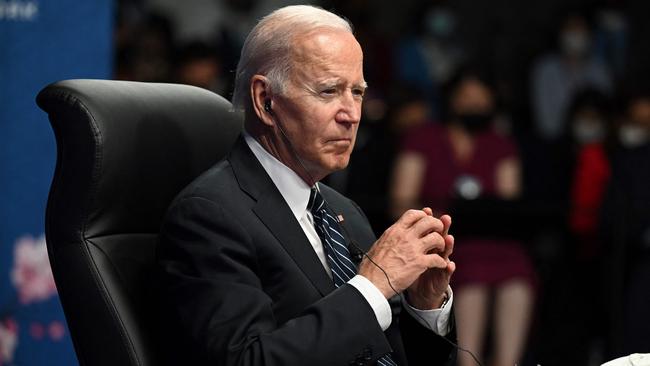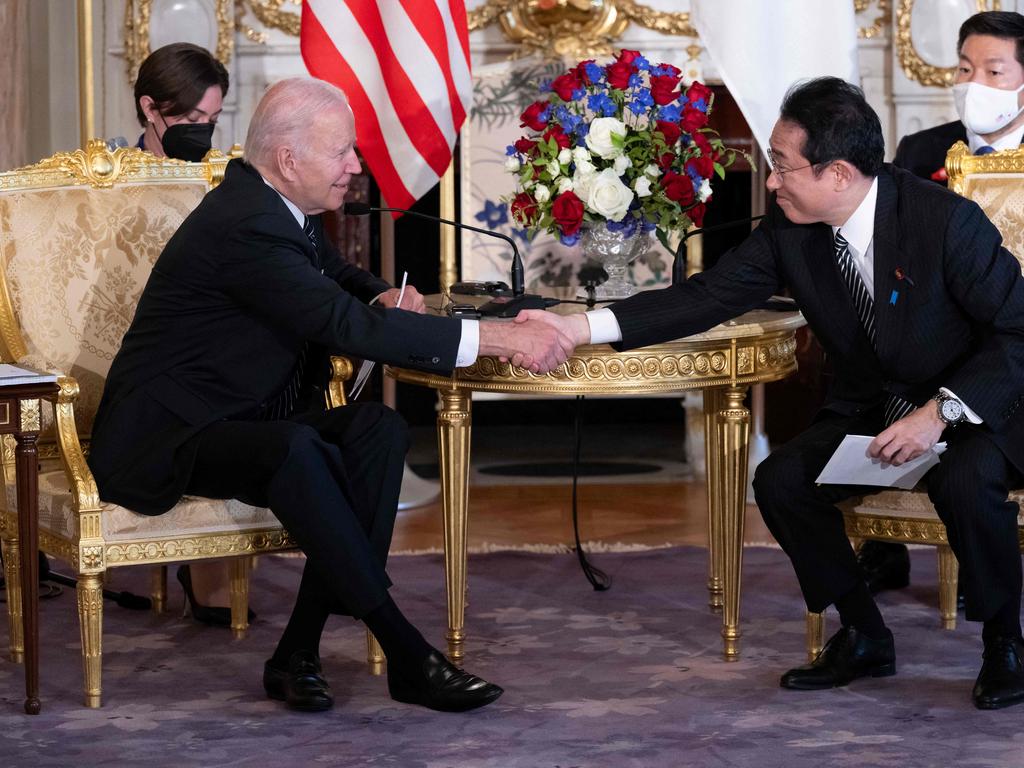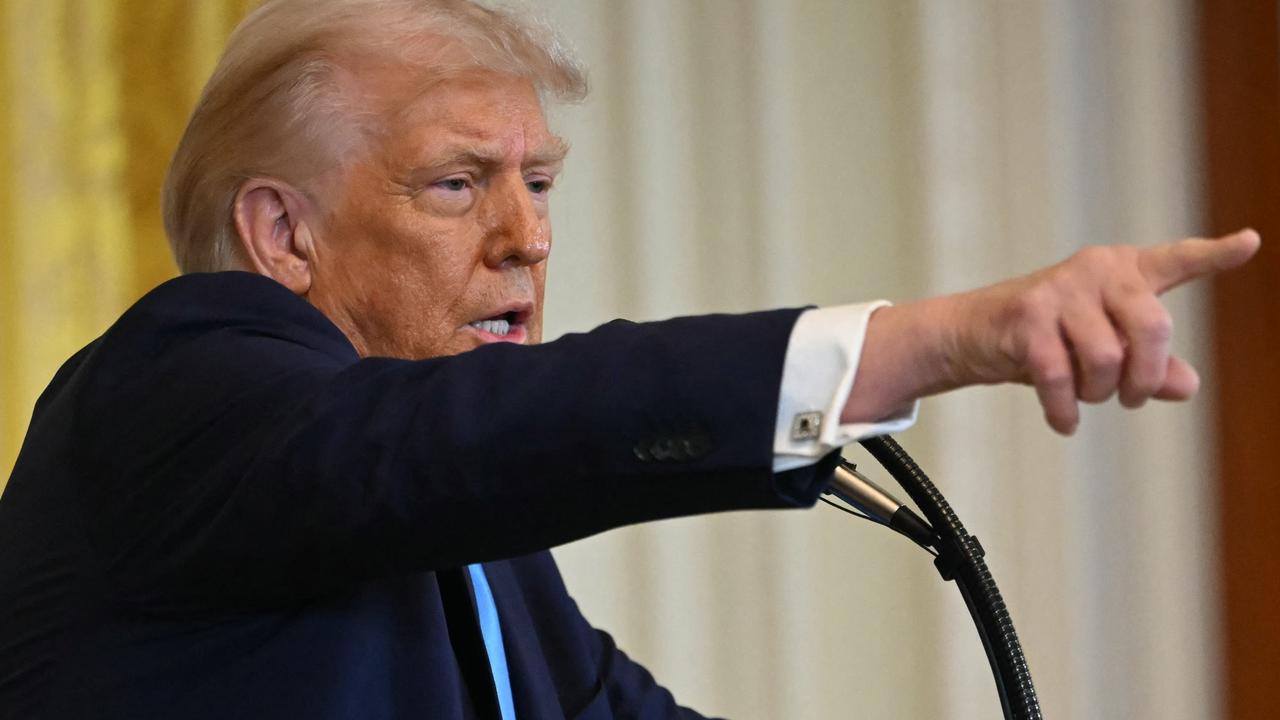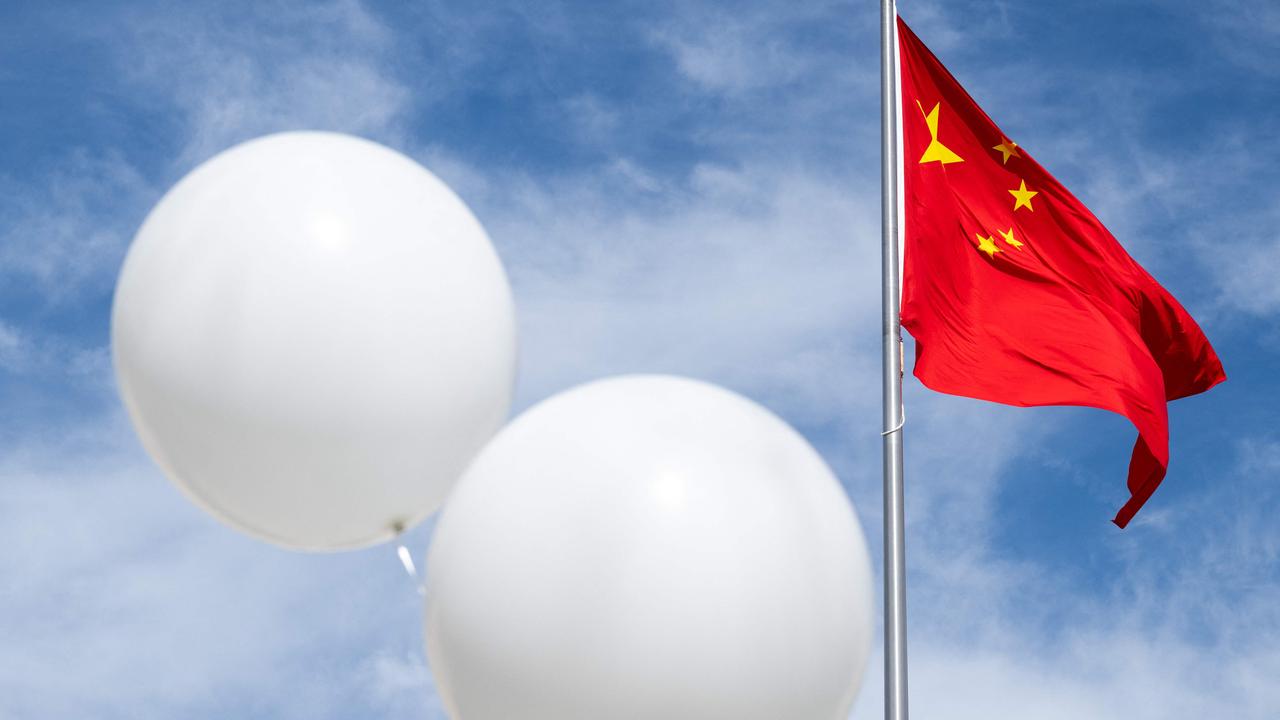
Washington’s biggest weakness in Asia is its lack of any meaningful trade or economic agenda.
Joe Biden’s Indo Pacific Prosperity Agreement is an important, if ultimately fairly anaemic, effort to address that weakness.
In truth, the US position has suffered in Asia since Barack Obama failed to submit US membership of the Trans-Pacific Partnership to the Senate for ratification. Donald Trump then withdrew the US from the TPP altogether. It was a black alliance of bipartisan protectionism.
Australia and Japan revived the TPP without the US.
One irony of the US situation today is that American producers would face lower trade barriers in Asia, while not having had to change their own low levels of tariffs and protection.
The Biden administration is unable to conclude a serious free-trade agreement because it could never secure congressional support. It could also never secure support from an increasingly protectionist Democratic Party.
This to some extent cripples the entirety of what passes for the Biden trade agenda.
The US Trade Representative Office is notoriously excessive in insisting on environmental and labour regulations unpopular among Asian governments. This acts as an effective bar to meaningful US trade diplomacy in Asia.
For all that, it is a very good thing Anthony Albanese is able to sign Australia up to this Biden initiative. It is good the Biden administration is at least making an effort on Asian trade policy.
It is strongly in Australia’s national interests to encourage US trade activism. It is a happy and productive coincidence that Albanese can sign this agreement as part of his first PM-level meeting with Biden. It’s a small step forward, but that’s much better than going backwards.





